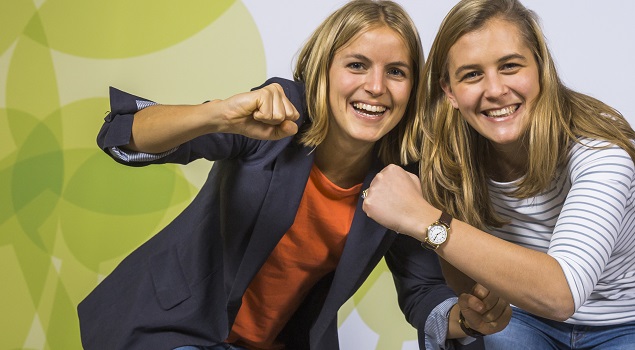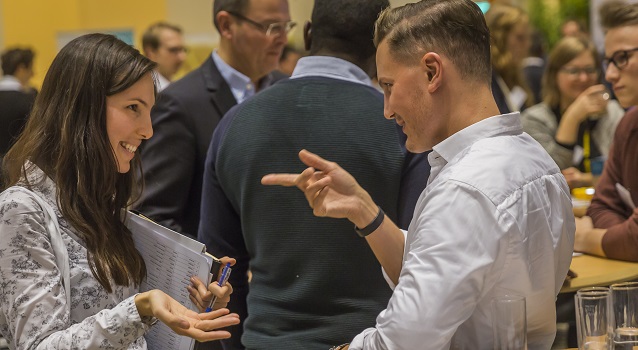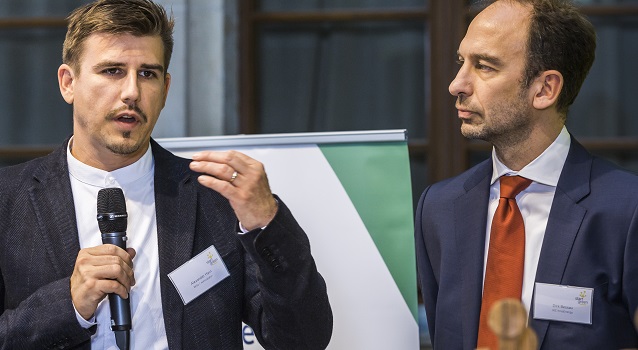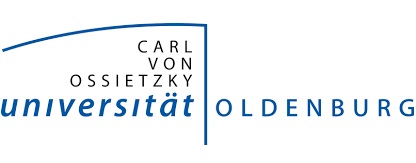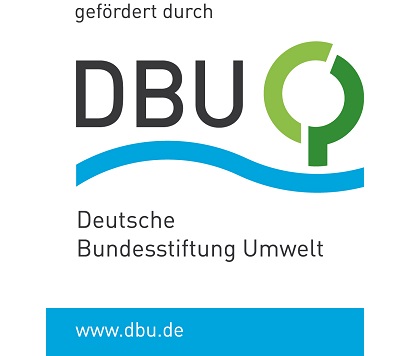Strengthening green start-ups as drivers of transformation
Although the Green Economy start-up field is one of the largest and most important start-up fields in Germany and is of outstanding importance both ecologically and economically, its relevance has hardly been noticed in the past, both in environmental policy and in economic policy.
The project “Strengthening green start-ups as drivers of transformation” contributed to increasing the visibility of green start-ups in Germany and to stimulating networking among the green start-up scene by means of suitable communication and networking measures as well as target group-oriented information offers.
The aim was to strengthen green startups in their role in the development towards a Green Economy and in this way contribute to the energy transition, Climate Protection Plan 2050 and other sustainability policy objectives.
The project was carried out jointly with the apl. professorship for innovation management and sustainability at the University of Oldenburg and was funded by the Deutsche Bundesstiftung Umwelt (DBU).
Project results
- The concept for the Green Startup Monitor was developed as part of the project. The Green Startup Monitor analyzes the importance of those startups that contribute to the ecological goals of a Green Economy with their products and services. Based on surveys in 2018, 2019 and 2020, we produced three editions of the Green Startup Monitor (Green Startup Monitor 2019, Green Startup Monitor 2020, Green Startup Monitor 2021). The survey and publication were carried out in close cooperation with the Bundesverband Deutsche Startups e.V. (German Startup Association).
- As part of the policy and funding dialog series “Strengthen Green Startups!”, a total of 12 dialog events with over 2,000 participants were held over a period of three years. This was based on the data and findings from the project. The dialogue series achieved the goal of creating better knowledge among decision-makers from politics, companies and start-up support institutions about the framework conditions, significance, trends and hurdles of green start-ups. This triggered and supported new or intensified initiatives for the target-group-oriented promotion of green start-ups at regional, state or federal level.
- 12 case analyses of the impact expectations and impact management of green start-ups compared to non-green start-ups were conducted and used as the basis for the 12 dialog events in the form of individual profiles and as a summary handout. We identified five central differences regarding the impact expectations and the impact management of green and non-green start-ups.
- We have investigated to what extent the existing offers and funding tools of the German Environmental Foundation (DBU) are already sufficiently suitable and target group-oriented for green start-up projects and start-ups. As part of the project, Borderstep and the University of Oldenburg contributed their start-up-related expertise as well as custom-fit methods and tools to the planning of the DBU’s Green Start-up Program and supported the DBU in the design and implementation of the selection process.
- The final report for the project presents the activities and research findings in the project.
